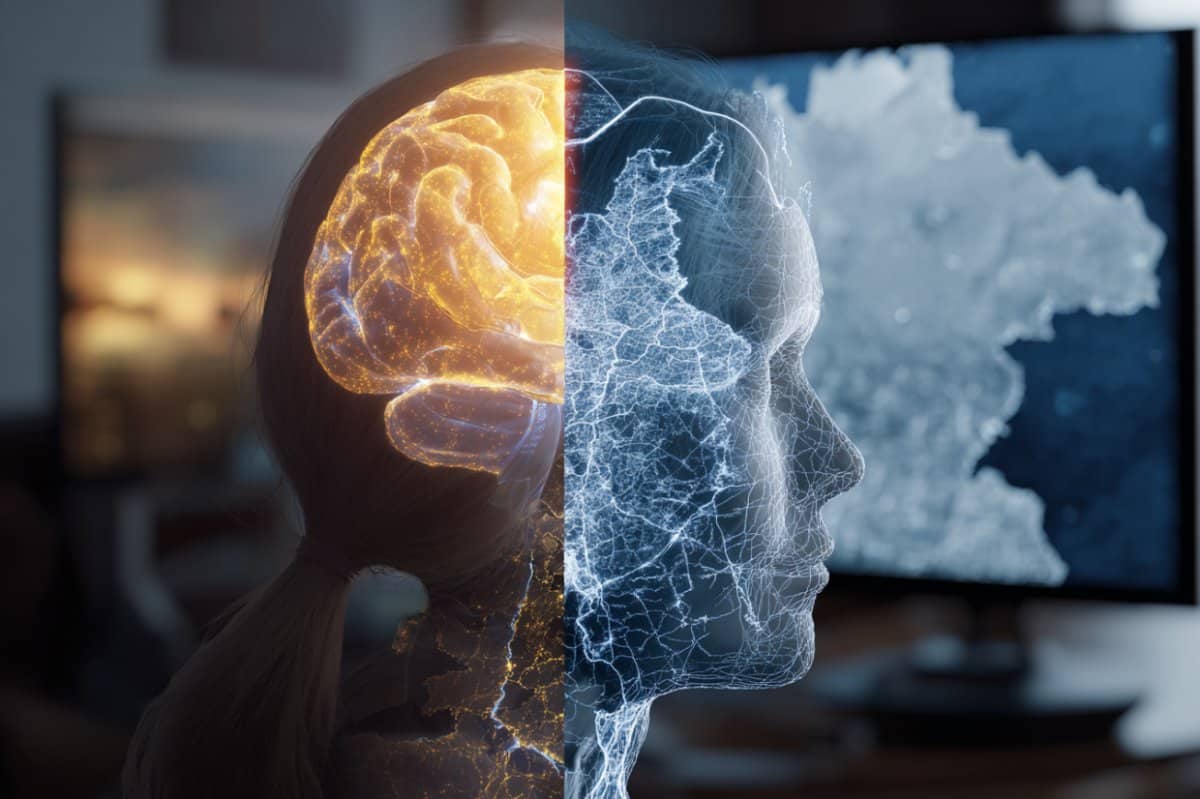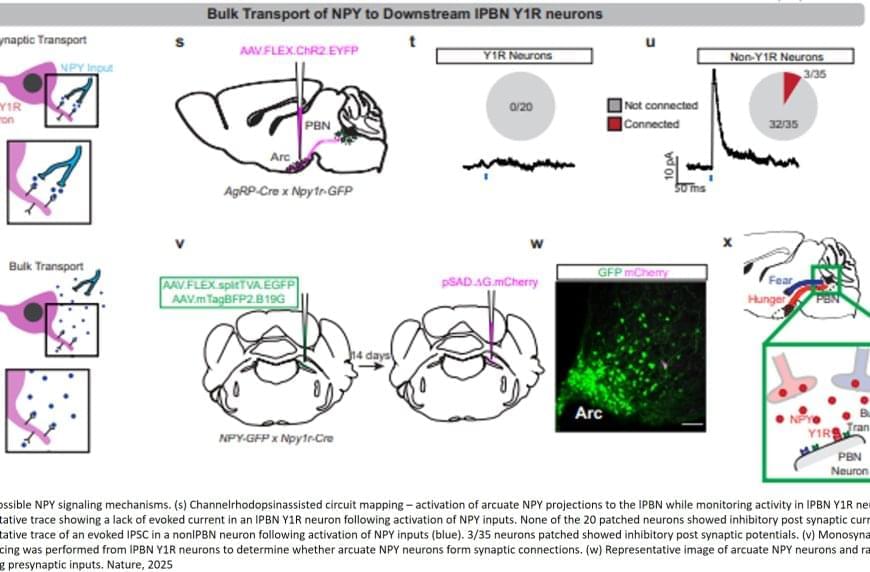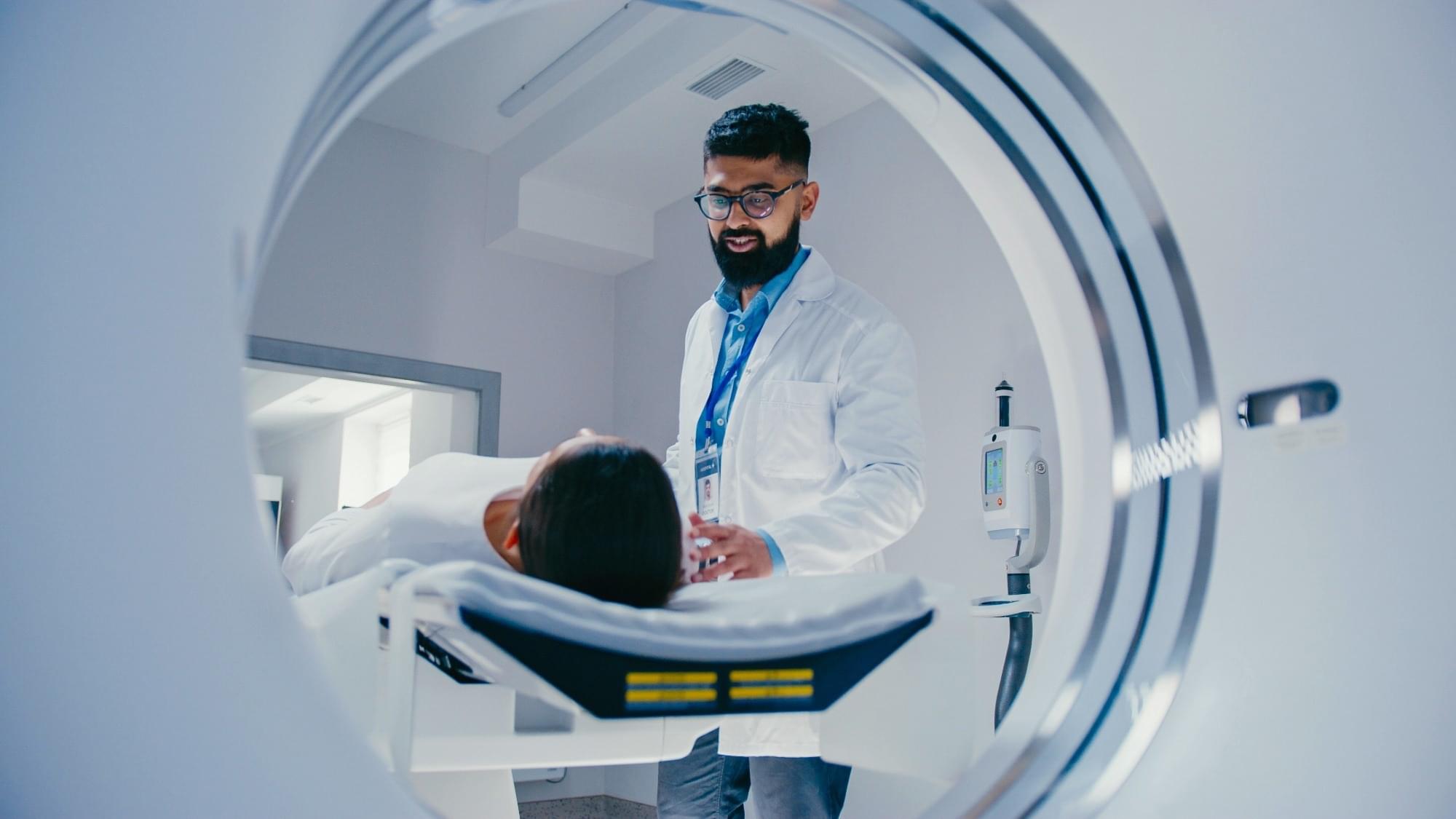University of North Carolina at Charlotte’s School of Nursing, collaborating with Harvard’s Human Flourishing Program, reports that adolescents who report transformative religious or spiritual experiences show both greater volunteering and voting in early adulthood alongside elevated loneliness and PTSD.
Large national surveys have linked religious or spiritual involvement with health, yet longitudinal evidence on life-changing experiences remains sparse.
Previous research has associated religious or spiritual involvement with positive health indicators and lower stress, while qualitative and clinical literature has described both self-destabilizing elements and intensified civic engagement and social connectedness.







